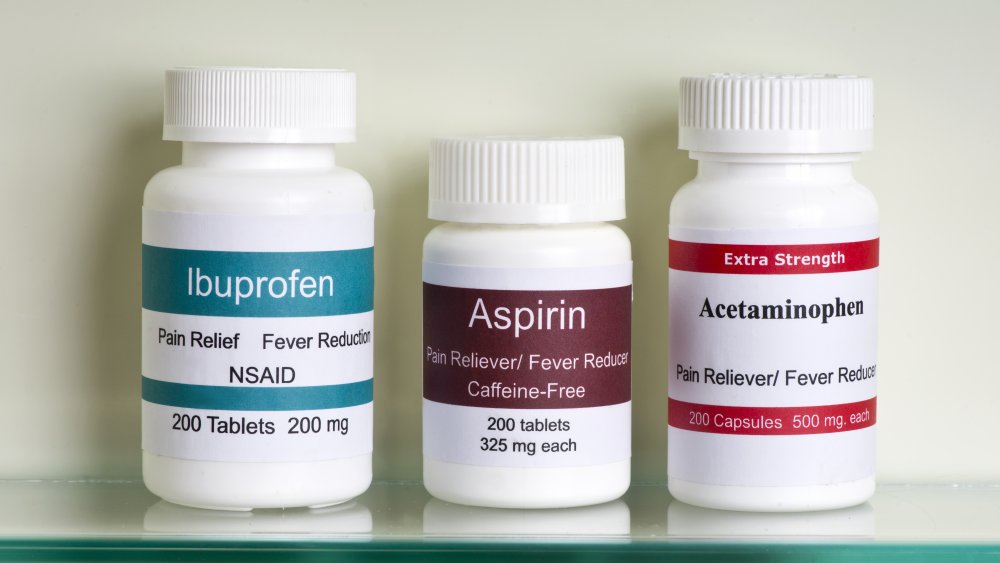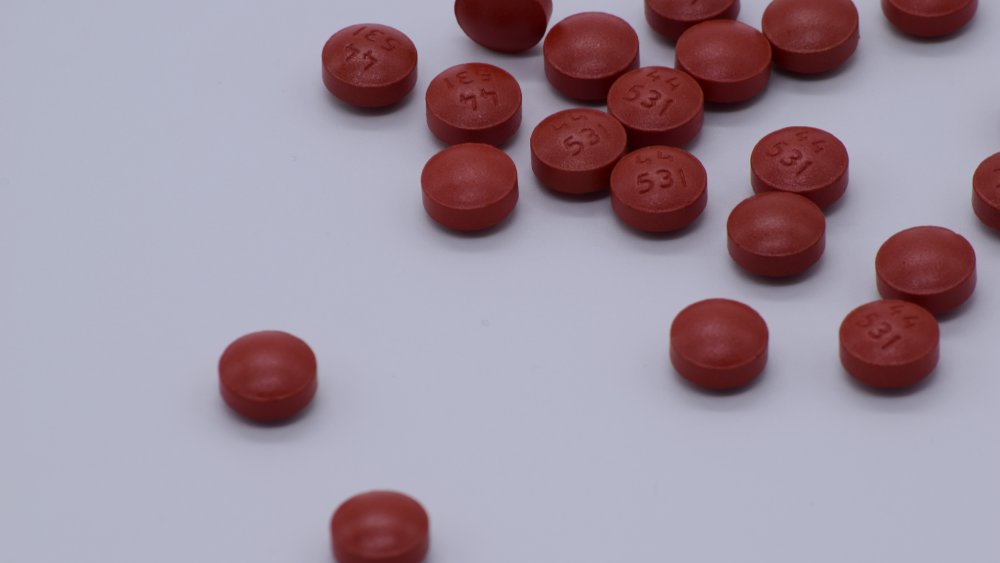Is It Safe To Take Anti-Inflammatories If You Have Coronavirus?
With the coronavirus pandemic spreading, a lot of people are at a loss as to what they should do if they suspect they have COVID-19. According to Business Insider, 80 percent of people with coronavirus only experience mild symptoms and won't need to go to the hospital, but how should you take care of yourself at home?
We're still learning about coronavirus, but one new bit of information that has come to light has to do with how the medications you take while battling the illness can impact your overall health.
France's health minister, Olivier Véran, recently warned people against taking anti-inflammatories, also known as NSAIDs, if you have (or suspect you may have) coronavirus. "The taking of anti-inflammatories (ibuprofen, cortisone ... ) could be a factor in aggravating the infection," he tweeted. "In case of fever, take paracetamol. If you are already taking anti-inflammatory drugs, ask your doctor's advice."
How anti-inflammatory drugs might exacerbate health conditions
According to The Guardian, French health officials reported that anti-inflammatory drugs can be dangerous as they can weaken the response of your body's immune system. France's health ministry is urging people to take paracetamol, known in the U.S. by the brand name Tylenol and the generic name acetaminophen, as this will help bring down a fever without posing a greater risk. "Anti-inflammatory drugs increase the risk of complications when there is a fever or infection," Jean-Louis Montastruc, the head of pharmacology at Toulouse hospital, told RTL radio (via The Guardian).
While not everyone is convinced that anti-inflammatories are as dangerous for people with coronavirus as French officials are reporting, many health experts are finding it safer to err on the side of caution. "There is a good reason to avoid ibuprofen as it may exacerbate acute kidney injury brought on by any severe illness, including severe COVID-19 disease," said Rupert Beale, a group leader in Cell Biology of Infection at the UK's Francis Crick Institute (via CNN). "There isn't yet any widely accepted additional reason to avoid it for COVID-19."
Charlotte Warren-Gash, an associate professor of epidemiology, at the London School of Hygiene and Tropical Medicine, agreed. "Most deaths from COVID-19 have been among older people and those with underlying health conditions such as cardiovascular disease," she told CNN. "We already know that NSAIDs should be prescribed with caution for people who have underlying health conditions."

